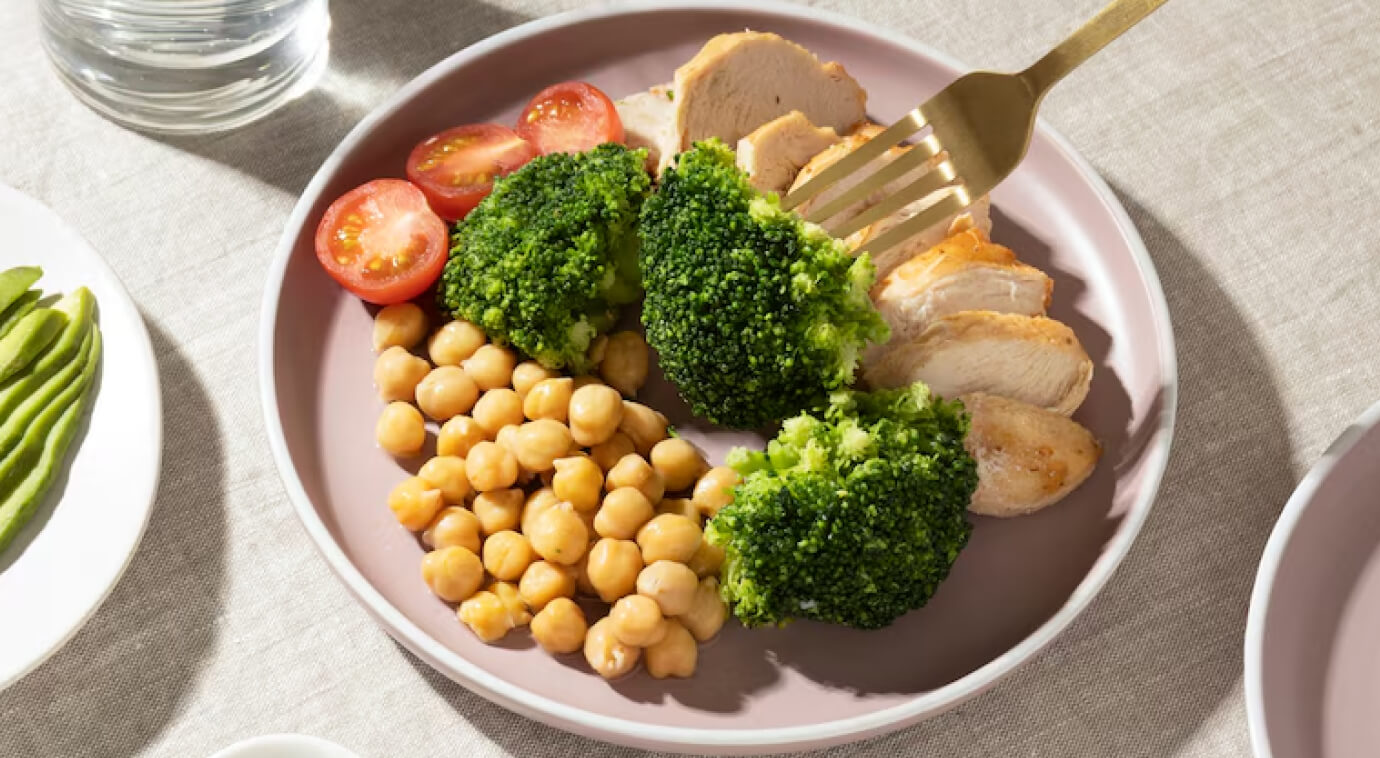Ingredients
- Whole grain foods – such as oats and higher fibre versions of pasta, rice and bread.
- Lean meats – such as skinless chicken and turkey.
- White fish.
- Reduced fat dairy – skimmed milk and low fat yoghurt and cheese.
- Vegetables.
- Lentils.
- Fruit.
Instructions
An ultra-low-fat diet restricts your consumption of fat to under 10% of daily calories.
Generally, a low-fat diet provides around 30% of its calories as fat.
Studies reveal that this diet is ineffective for weight loss in the long term.
Proponents of the ultra-low-fat diet claim that traditional low-fat diets are not low enough in fat and that fat intake needs to stay under 10% of total calories to produce health benefits and weight loss.
How it works: An ultra-low-fat diet contains 10% or fewer calories from fat. The diet is mostly plant-based and has a limited intake of animal products (66Trusted Source).
Therefore, it’s generally very high in carbs — around 80% of calories — and low in protein — at 10% of calories.
Weight loss: This diet has proven very successful for weight loss among obese individuals. In one study, obese individuals lost an average of 140 pounds (63 kg) on an ultra-low-fat diet (67Trusted Source).
Another 8-week study with a diet containing 7–14% fat showed an average weight loss of 14.8 pounds (6.7 kg) (68Trusted Source).
Other benefits: Studies suggest that ultra-low-fat diets can improve several risk factors for heart disease, including high blood pressure, high cholesterol, and markers of inflammation (69Trusted Source, 70Trusted Source, 71, 72Trusted Source, 73Trusted Source, 74Trusted Source).
Surprisingly, this high-carb, low-fat diet can also lead to significant improvements in type 2 diabetes (75Trusted Source, 76Trusted Source, 77Trusted Source, 78Trusted Source).
Furthermore, it may slow the progression of multiple sclerosis — an autoimmune disease that affects your brain, spinal cord, and optic nerves in the eyes (79Trusted Source, 80Trusted Source).
The downside: The fat restriction may cause long-term problems, as fat plays many important roles in your body. These include helping build cell membranes and hormones, as well as helping your body absorb fat-soluble vitamins.
Moreover, an ultra-low-fat diet limits intake of many healthy foods, lacks variety, and is extremely hard to stick to.

